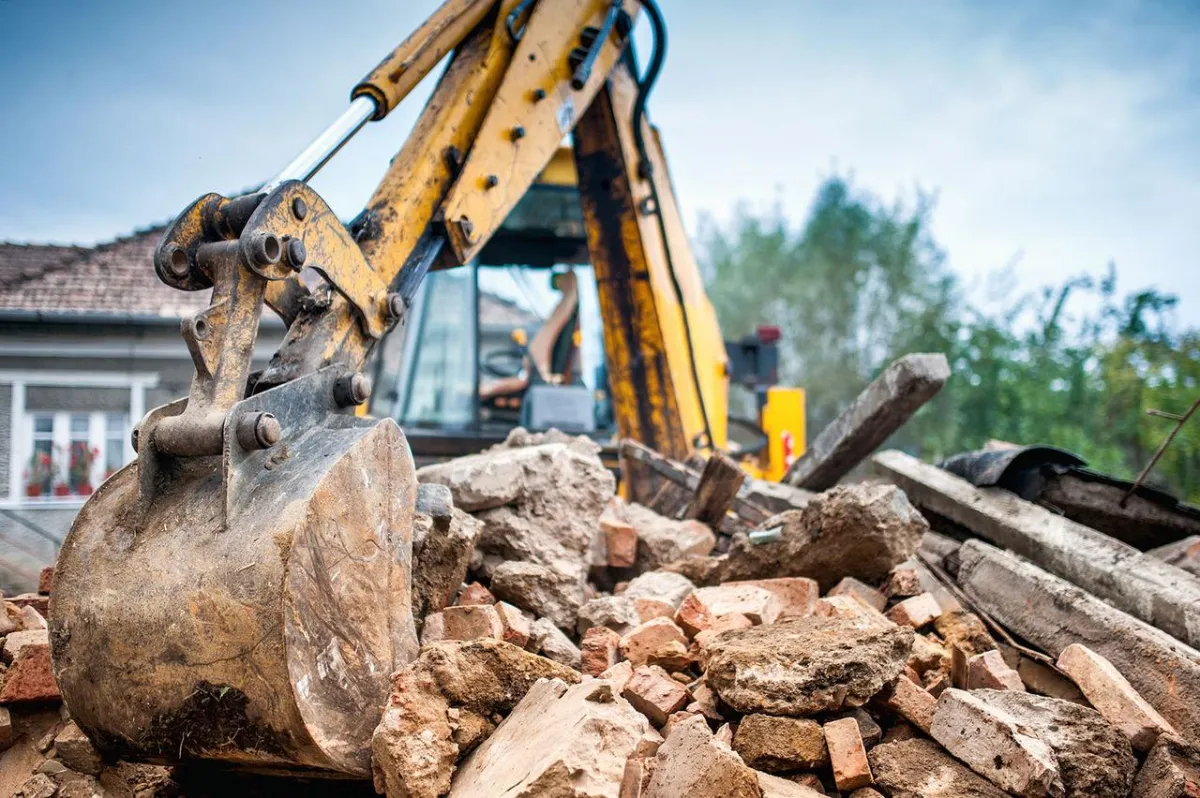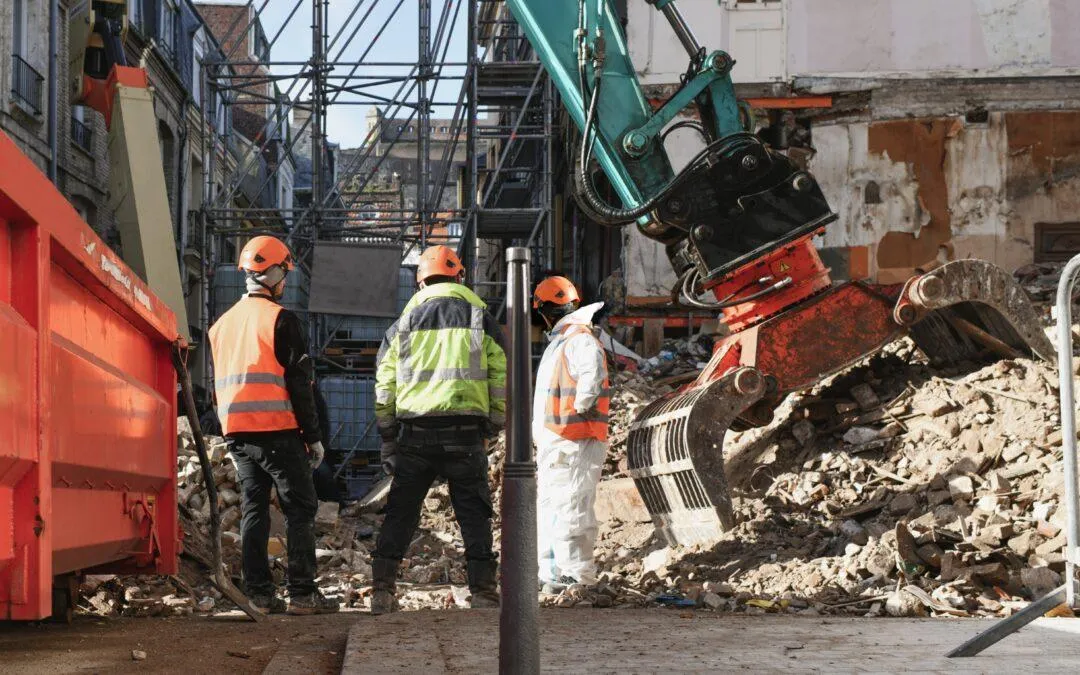
Local Demolition Regulations Every Boulder, CO Resident Must Know & Surrounding Areas
If you are planning a demolition project in Boulder, CO or nearby areas such as Louisville, Lafayette, Superior, Longmont, and Erie, it is essential to understand local and state regulations. These rules are in place to protect public safety, manage hazardous materials, preserve historic structures, and ensure responsible waste disposal. By learning the requirements before you begin, you can avoid costly fines, delays, and compliance issues.
What permits are required for demolition in Boulder, CO?
In Boulder, most demolition projects require a permit issued by the city or county. This process usually involves submitting building plans, disconnecting utilities, and passing inspections. Nearby towns like Louisville, Lafayette, and Erie may have slightly different requirements, so checking with the local building department is always recommended.
Is an asbestos inspection required before demolition?
Yes, Colorado law requires that an asbestos inspection be completed before almost any demolition project. Certified inspectors test building materials to identify asbestos, and if it is found, abatement must be carried out by licensed professionals. This rule applies across Boulder, Longmont, and Superior as well residential asbestos.
How are hazardous materials managed during demolition?
Hazardous materials such as asbestos, lead-based paint, and chemical waste must be carefully removed and disposed of at approved facilities. Boulder County, along with towns like Erie and Lafayette, enforces strict rules for handling these materials to protect both workers and residents from exposure.
Are historic properties subject to additional review before demolition?
Yes, structures of a certain age or those located in historic districts may require review by the city’s historic preservation board. In Boulder, as well as in towns like Louisville and Longmont, demolishing older or landmarked properties often involves additional approval steps before permits are granted.
What safety measures are required during demolition work?
Demolition sites must follow strict safety practices, which include fencing off the area, posting warning signs, controlling dust, and containing debris. These measures are enforced by local authorities in Boulder, Lafayette, and Superior to ensure public health and worker safety.
How should demolition waste be handled in Boulder County?
Boulder County emphasizes recycling and landfill diversion, meaning materials like wood, metal, and concrete should be separated and recycled whenever possible. Longmont and Erie also encourage eco-friendly demolition practices that reduce the volume of waste sent to landfills.
Who enforces demolition regulations in Boulder and nearby towns?
Demolition regulations are primarily enforced by the City of Boulder, the Boulder County Building Division, and the Colorado Department of Public Health & Environment (CDPHE). In surrounding towns such as Louisville, Lafayette, and Superior, local building departments also play a key role in enforcement.
Do utility companies need to be contacted before demolition?
Yes, utility disconnections are a standard requirement before any demolition begins. Homeowners and contractors must coordinate with gas, electric, and water companies in Boulder, Longmont, and surrounding towns to ensure safe removal of utility connections prior to tearing down a structure.
Are there specific environmental protections to follow?
Yes, Boulder County has strict environmental standards for controlling dust, managing stormwater runoff, and protecting air quality during demolition projects. Nearby towns such as Lafayette and Erie also require contractors to follow environmental protection guidelines to reduce impacts on the community.
Why is it important to follow local demolition regulations?
Following local regulations ensures projects are safe, legal, and environmentally responsible. In Boulder and surrounding towns like Superior and Louisville, failure to comply can result in fines, delays, or even stop-work orders. By understanding and meeting requirements, property owners and contractors can complete demolitions smoothly and without unnecessary setbacks.
Final Thought
Demolition regulations in Boulder, CO and nearby towns such as Louisville, Lafayette, Superior, Longmont, and Erie are designed to protect residents, preserve community history, and safeguard the environment. Whether you are taking down a small home or a large commercial building, knowing the rules ahead of time will help you complete your project efficiently and responsibly.

Do I need a permit to demolish a house in Boulder?
Yes, a demolition permit is required for most projects.
Is asbestos testing mandatory before demolition?
Yes, all structures must be inspected by a certified asbestos professional.
Can I demolish a historic property without special approval?
No, older and landmarked buildings often need historic review.
Who enforces demolition rules in Boulder County?
The City of Boulder, Boulder County, and CDPHE oversee compliance.
What happens if I don’t follow demolition regulations?
You could face fines, delays, or stop-work orders.
Address: 13340 Harrison Street, Thornton, CO 80241
Phone: 720-571-8481
Email: [email protected]
